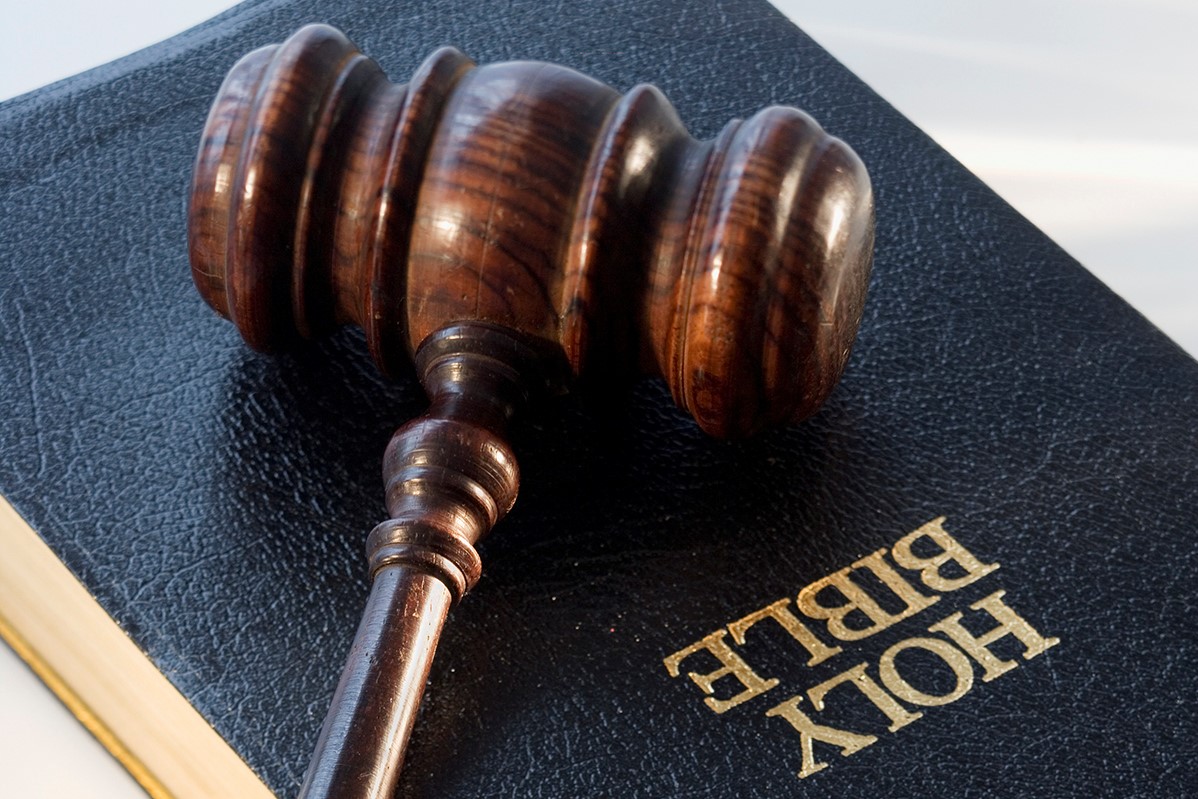U.S. Supreme Court Gives Grace to Religious Employers

By: Jeremy K. Schrag
In 2012, the United States Supreme Court decided Hosanna-Tabor Evangelical Lutheran Church & School v. EEOC, 565 U.S. 171, and first recognized a “ministerial exception.” The ministerial exception is a First Amendment doctrine that prohibits civil courts from adjudicating employment-related cases brought by “ministerial” employees against their religious employers.
Yesterday, in Our Lady of Guadalupe School v. Morrissey-Berru, the United States Supreme Court broadened the ministerial exception to federal anti-discrimination laws by expanding the definition of “ministerial” employees. The Supreme Court held that the First Amendment prevents employment discrimination suits by employees who perform “vital” religious duties for religious employers.
Background
Before the Court were two Ninth Circuit cases that involved elementary school teachers who taught religion as part of their regular curriculum. Their agreements articulated the schools’ mission to develop and promote Catholic School faith community, commitments regarding religious instruction, worship, and personal modeling of faith. Both schools terminated the teachers. One sued pursuant to the Age Discrimination in Employment Act of 1967, and the other because she requested a leave of absence to obtain cancer treatment.
The Court’s Opinion
Justice Samuel Alito, writing for the majority and joined by Justices Roberts, Thomas, Breyer, Kagan, Gorsuch, and Kavanaugh, held that “[t]he First Amendment protects the right of religious institutions to decide for themselves, free from state interference, matters of church government as well as those of faith and doctrine.” See id., at Syl. (internal quotations and citations omitted). The ministerial exception “foreclose[s] certain employment-discrimination claims brought against religious organizations.” Id.
The Court found that both teachers qualified for the ministerial exception. While they did not have the word “minister” in their job titles or descriptions, the teachers provided vital religious duties by educating students in the Catholic faith and guiding them to live their lives in accord with that faith. The Court articulated that clerical titles, the teacher’s level of religious schooling, and the teacher’s actual ‘practice’ of the school’s religion are not important. What matters when applying the ministerial exception is “what an employee does” for the job. Id..
Employment Discrimination Claims Going Forward
The broad approach favored by the majority expands the definition of the ministerial exception. Under the Supreme Court’s new guidance, when an employer with a religious mission entrusts an employee with the responsibility of carrying out that mission in their employment, “judicial intervention into disputes” may not be permitted because it threatens religious independence in a way that the First Amendment does not allow.
This decision tails another recent Supreme Court decision conferring Title VII discrimination protection to LGBTQ+ employees. Bostock v. Clayton Cty, 590 U.S. __ (2020). Reading the two opinions together, it is possible the Supreme Court may allow the ministerial objection to supersede a federal employment claim made by an LGBTQ+ employee against a religious employer. But for now, the Supreme Court’s balancing act between religious employment freedoms and LGBTQ+ employment rights is undecided.
